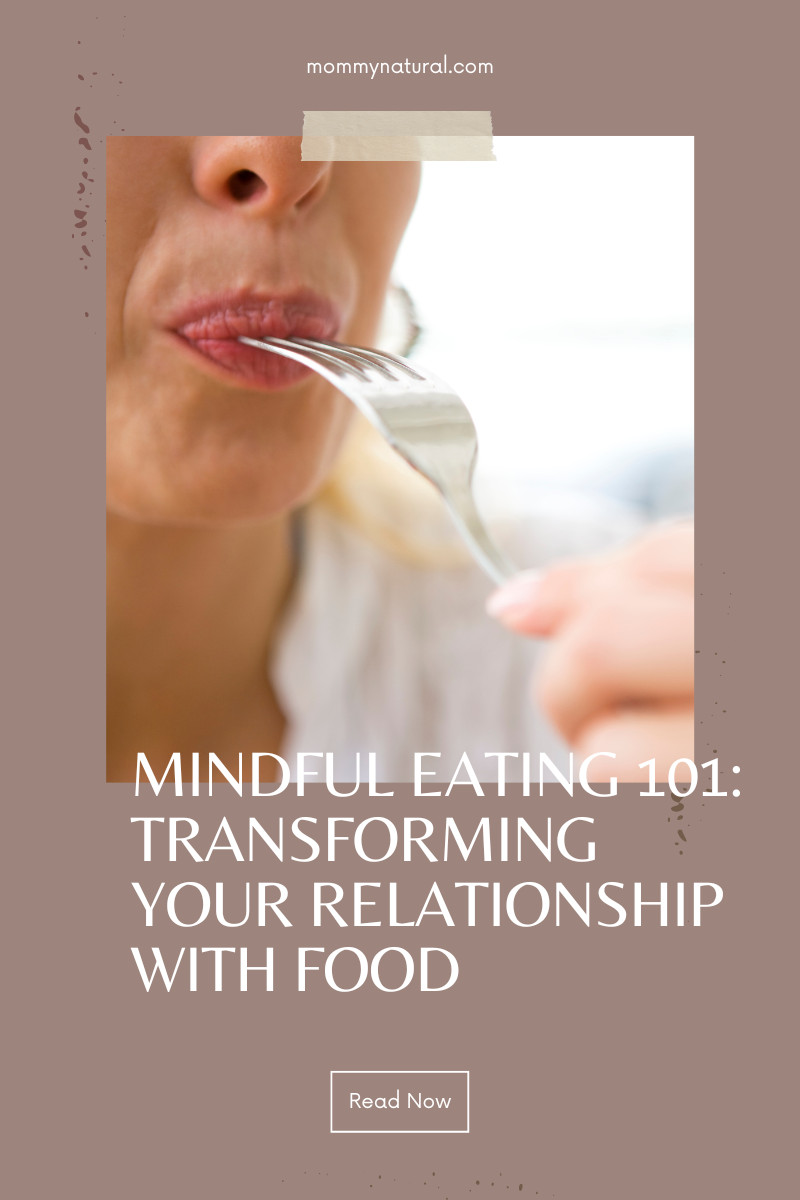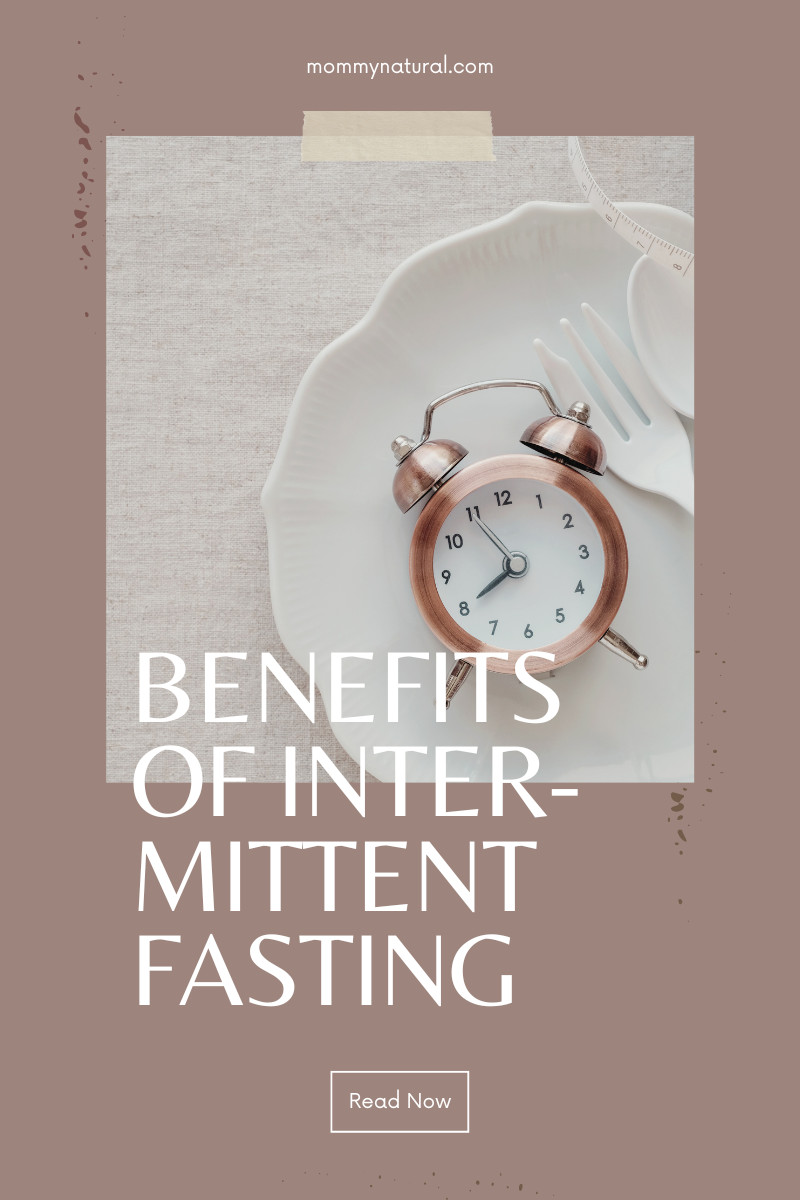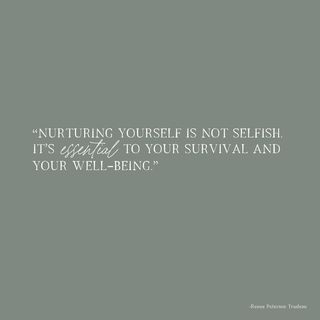In a world where 'wellness' feels like an entangled buzzword, the essence of true health often eludes us. For busy professionals and moms who barely have a moment to grab a breath, let alone focus on balanced living, the idea of 'mindful eating' might seem like a distant luxury reserved for serene retreats or those with copious amounts of free time. However, delving into the practice of mindful eating could be the transformative key you need to unlock a healthier, more fulfilling relationship with food.
Here, we'll explore what mindful eating truly means, its essential principles, and how even the busiest of us can incorporate it into our hectic lives to shed stress and embrace nourishment.
Understanding Mindful Eating: An Antidote to Mindless Munching
Mindful eating is not a diet—it's a consciousness. It's about changing the way you think about food, the way you experience eating, and ultimately, the way you live. Embracing mindful eating involves centering on the present moment, acknowledging your body's hunger and fullness cues, and appreciating the taste, texture, and nourishment of each bite. It anchors on the principle that when you eat with awareness, you consume less, savor more, and stress levels experienced during meal times fade away.
The Core Principles of Mindful Eating
To practice mindful eating, it's important to remember these core principles:
- Engage all your senses: Notice the color, smell, texture, and even the sounds of your food.
- Understand your body's signals: Are you eating because you're truly hungry or for other reasons?
- Value your mealtime: Take the time to sit down and eat without the clutter of work or technology.
- Listen to your body: Eat slowly and stop when you start to feel full, regardless of whether your plate is empty.
- Consider the origin of your food: Thinking about where your food comes from can increase appreciation and mindfulness.
The Endless Benefits of Eating Mindfully
The beauty of mindful eating isn't just about the eating itself—it's about how it ripples into various aspects of your life.
Weight Management and Weight Loss
When you eat mindfully, you're more likely to consume a healthy amount of food, as you stop eating when you're full rather than when your plate is clean. This typically leads to decreased calorie intake and improved weight management.
Improved Digestion and Nutrient Absorption
By slowing down and thoroughly chewing your food, you aid your digestive system in its process, benefiting from improved nutrient absorption and decreased digestive discomfort.
Enhanced Enjoyment of Food
When you take the time to savor your food, eating becomes more pleasurable and less of a mechanical task. Each meal thus becomes a source of joy and satisfaction rather than a source of stress or guilt.
Reduced Stress and Anxiety
Mindful eating encourages a less anxious relationship with food. As you practice it, you'll find that meal times become more relaxing, and the cortisol levels (stress hormone) associated with less aware eating habits reduce.
Increased Self-Awareness and Self-Control
Mindful eaters often report heightened levels of self-awareness, recognizing when they are eating for emotional reasons or genuine hunger. This awareness allows for better self-control and a deeper understanding of one's eating habits.
Practical Guidance for Implementing Mindful Eating
Incorporating mindful eating into your life doesn't have to be a radical shift. It's all about gradually changing your eating patterns to ones that are more aligned with your body's needs and your overall health goals.
Practical Tips to Start Your Mindful Eating Journey
- Start by taking smaller portions and chew each bite at least 20 times.
- Before reaching for food, assess your hunger on a scale from 1 to 10.
- When eating, put your utensils down between bites and really taste and enjoy your food.
- Create an eating environment that is free of distractions such as TV or phones.
- Keep a gratitude journal for your meals, noting the positive aspects of what you eat.
Overcoming Obstacles on Your Path to Mindful Eating
Real life is filled with challenges, and mindful eating is no exception. Emotional eating, strong cravings, and social pressures can all stand in the way of a calm and considered approach to food.
Dealing with Emotional Eating
Use emotional eating as an opportunity for self-inquiry. Ask yourself what you truly need and find alternative, non-food ways to address those needs.
Handling Cravings and Temptations
Instead of fighting cravings, acknowledge them. Then, decide whether satisfying them aligns with your overall well-being. If it does, do so mindfully and without guilt.
Coping with External Pressures and Social Situations
Communicate with those around you about your goals and preferences. It's often about reprogramming habits and environments to support your mindful eating intentions.
Applying Mindful Eating in Your Daily Routine
Creating a routine around mindful eating is the best way to ensure that it becomes a natural, daily practice.
Making Mindful Eating a Habit
Start with one meal a day and gradually expand to others. The key is to be consistent and not overly strict with yourself, as that could lead to the opposite effect.
Incorporating Mindfulness into Food Preparation
Engage in the process of cooking wholeheartedly. Focus on the raw ingredients, the smells, and the transformation of food into the meal you're about to enjoy.
Mindful Eating on the Go and While Dining Out
When time is tight, opt for easier-to-eat, whole foods and find a quiet spot to savor them. When eating out, select dishes that resonate with the principles of mindful eating.
The Call to Mindful Eating: Why It Matters Now More Than Ever
Mindful eating isn't a fad or a restrictive dietary plan; it's a return to a more natural and intuitive way of consuming sustenance. In a world where rushed lunches at your desk, snack-saturated television watching, and distracted family dinners are the norm, the call to mindfulness at mealtimes couldn't be clearer.
Conclusion: Savor the Journey
The journey towards mindful eating is not just about food; it's about your reflection in every bite, about acknowledging the life-giving nature of the food that you consume. It's a practice in gratitude and in understanding. So why not take that first step today? Slow down, savor your meals, and begin to transform your relationship with food in a way that supports your health for years to come. Mindful eating just might be the missing ingredient in your recipe for a healthier, balanced life. So let's embark on this journey together, one bite at a time. Connect with others on the same path–
join our wellness community for more tips.



























